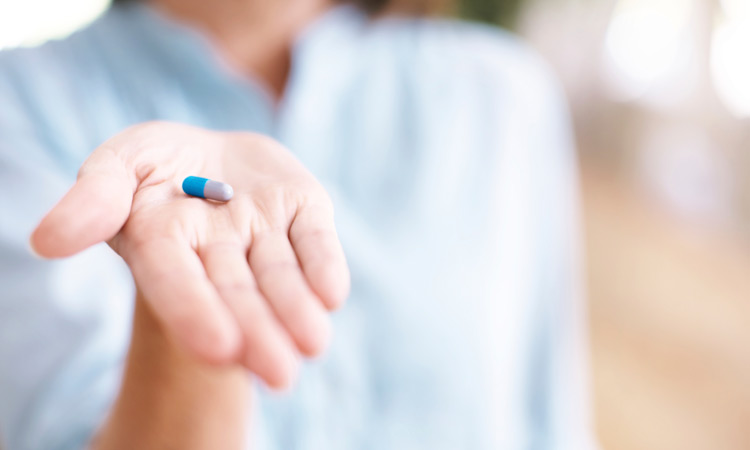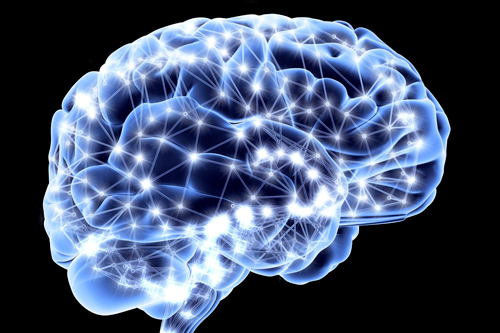Treating Depression With Ketamine
The latest science shows treating depression with ketamine can now potentially alleviate symptoms after less than six treatments of ketamine infusion. Yet, instead of standing ovations, mention this miracle drug to most people, and expect to barely get a raised eye brow.
Still, scientific evidence published in the March 2016 issue of Neural Regeneration Research points to the regeneration of brain cells as a critical mechanism for the relief of depression. The study, entitled, “Practical application of the neuroregenerative properties of ketamine: real world treatment experience,” helps sort out the fact from fiction surrounding the use of intravenous ketamine for the treatment of depression. Its findings stand in direct contrast to recent statements from the American Psychiatric Association (APA).
How could a discovery with so much potential for treating depression be held in disregard? Misinformation, mainly. Medical standards and practice often lag far behind scientific discovery. Look at the 20-year lag between the discovery of Helicobacter pylori as the cause of stomach ulcers by Nobel Prize winners Marshall and Warren in 1996 and the acceptance of H. pylori as the cause of ulcers by mainstream medicine.
Often, mainstream medicine pushes back at these new discoveries with criticism, dismissal, disregarding, or personal attacks. Such was Marshall’s experience when he first introduced the idea that a bacterium could cause ulcers. Therefore, with anticipation of slings and arrows, allow me to elaborate on the research, in separating fact from fiction for my fellow psychiatric practitioners and anyone searching for answers to depression.
What is a Ketamine Infusion?
Ketamine is a dissociative anesthetic in use since 1970’s. Intravenous administration over a prolonged period of time is key to its persistent antidepressant benefit.
Depression is associated with neuron loss, reduced synapse numbers and dearborization of dendrites. Depression injures the brain and alters the circuitry or wiring. The Neural Regeneration Research study on Ketamine appears to potently induce mechanisms which reverse these neuro-degenerative processes. Citing over 60 published scientific research studies, the March 2016 article reviews the molecular mechanisms by which ketamine invokes a robust activation of the brain’s own repair mechanisms. This article explains how ketamine can literally induce brain repair and rewiring. The outcome is that ketamine infusions can relieve refractory depression symptoms persistently, perhaps for years in some cases.
How does ketamine lead to brain repair? The Neural Regeneration Research study pinpoints the activation of brain-derived neurotrophic factor (BDNF) as an important step in the antidepressant effects of ketamine. BDNF induces brain repair through synaptogenesis, dendritic arborization, improved neuronal health and neurogenesis. These processes likely underlie the persistent benefits of ketamine. The study includes clinical data showing that 80% of depressed patients responded to ketamine—a huge difference from the typical response to oral antidepressants.
With scientific scrutiny, the Neural Regeneration Research study systematically disproves previous fallacious beliefs about ketamine. Mainstream medicine, such as the APA, assumes ketamine must be given frequently to have any benefit and that ketamine has no long-lasting benefit, based solely on the initial proof-of-concept studies. Moreover, the APA and mainstream medicine promulgate the theory that auditory and visual hallucinations during an infusion are necessary for patients to derive antidepressant benefit. This theory is roundly disproven.
Also, the APA sounds the alarm that using ketamine to treat depression can lead to chemical dependence. You can lay these fears to rest. While the APA published a case report of a patient who seemed to develop ketamine addiction, this represents a single individual who was given intranasal ketamine without any form of monitoring. Certainly none of the patients in the Neural Regeneration Research study receiving ketamine infusions display any signs of addiction.
The neurobiological basis of the ketamine benefit for depression has nothing to do with false fears, and everything to do with new science. Under proper medical care and administering the correct amounts, our patients get better after a few infusions, and from there treatments can be discontinued.
To obtain a copy of the study or more information, please visit Neuro-Luminance or call (855) 978-0808.




2 Comments
Derek McDoogle
I love that you talked about using ketamine to rewire the brain. I will make sure to share this with my friend later today. I know that he has been wondering about this type of therapy for a while. Now he will have a little more info to go off of in his research. Thanks so much for the valuable, pertinent information that’s easily applied!
Kaitlin Vogel
Hi Derek,
Thank you for the kind words and for passing along the information! Hope it helps your friend!